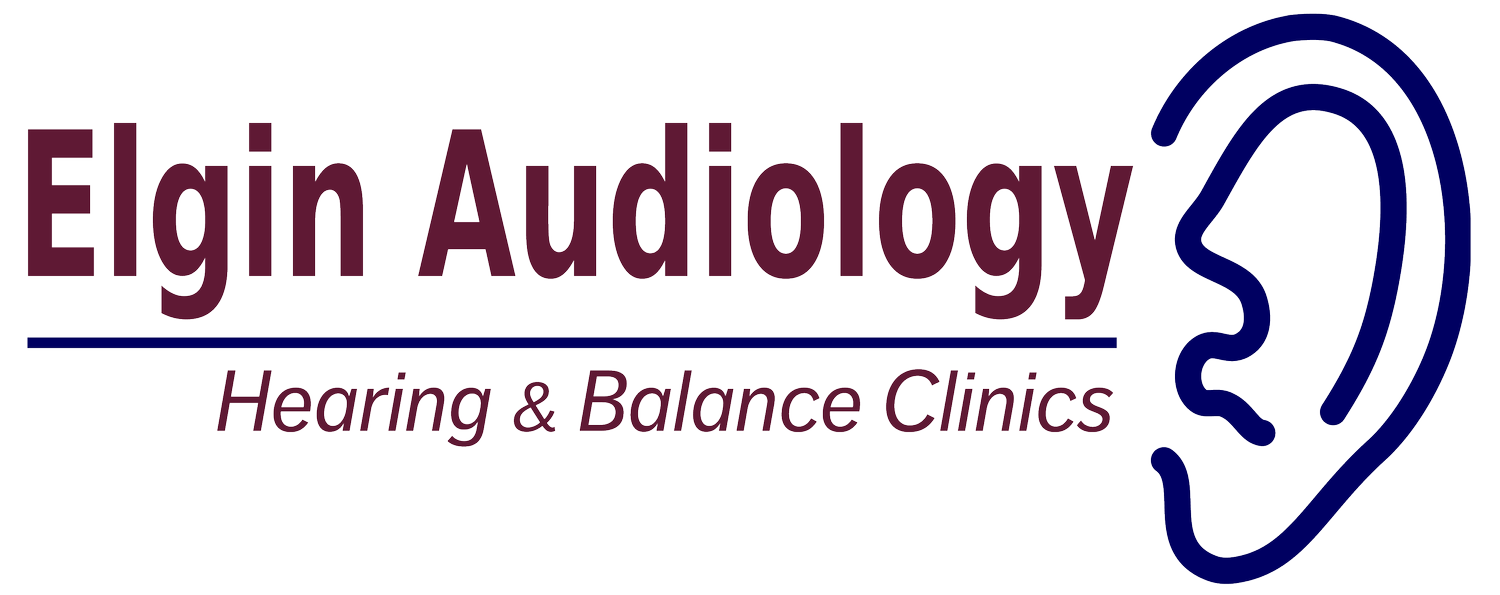
Hear the moments you cherish.
Over 30 years of experience
With over 30 years of providing audiological services, we are dedicated to delivering high-quality hearing assessments and user-friendly hearing devices that enhance your ability to hear, especially in challenging, noisy environments. At our free adult initial consultation, we will be happy to answer all the questions you may have about hearing loss and hearing aids. Our goal is to help you reach the point where hearing isn’t something you have to think about, but rather, it’s something you simply do naturally.
Seven locations to serve you
Quality hearing care close to home, by professionals that live and work in your community. Elgin Audiology has been locally owned and operated for over 30 years, with offices in St. Thomas, Aylmer, London, Lambeth, Stratford, Blenheim and West Lorne.
Our services
-
Comprehensive Hearing Evaluations
At Elgin Audiology, we provide hearing assessments for all ages, conducted by our team of registered Audiologists. We also offer specialized evaluations, auditory processing (CAP) assessments, tinnitus evaluations, balance & dizziness assessments, industrial hearing tests, and are a proud provider for the Ontario Ministry’s Infant Hearing Program.
-
Hearing Aid Trials, Fittings & Follow-Up
With all new hearing aids, we offer a minimum 90-day trial period, allowing you time to evaluate what works best for your lifestyle and hearing needs. During this period, unlimited adjustments are included to ensure your hearing aids are performing optimally. Multiple fitting appointments can be scheduled if necessary. We also offer “Learning to Hear Again” counselling upon request.
-
Devices, Accessories & Repairs
Our clinics carry hearing aid batteries, offer repairs for all makes and models, and provide prescription hearing aids, FM systems, and other assistive listening devices. We also supply amplified phones, Bluetooth accessories, hearing-impaired alarm clocks and smoke detectors, and other essential alerting devices.
-
Custom Hearing Protection & Preventative Care
In addition to treating hearing loss, we offer custom earmolds, swim molds, and hearing protection devices. Our hearing loss prevention programs are tailored to individuals and workplaces seeking proactive solutions to protect hearing health in noisy environments.
-
Patient-Centered Care
We are committed to working closely with you to find hearing solutions that fit your clinical needs, lifestyle and budget. It is important to us to provide care through a patient-centric lense by bringing together experience, innovation, and personalized care to every appointment.
-
Accessible & Inclusive Services
Elgin Audiology clinics are fully wheelchair accessible and designed to serve patients from all walks of life. We’re registered with the Ministry of Health’s Assistive Devices Program, Veterans Affairs, Workers’ Compensation, and major third-party insurance providers.

Book a hearing test today and find out what you have been missing.
Our Audiologists will complete a through assessment and provide you with options for your hearing.


